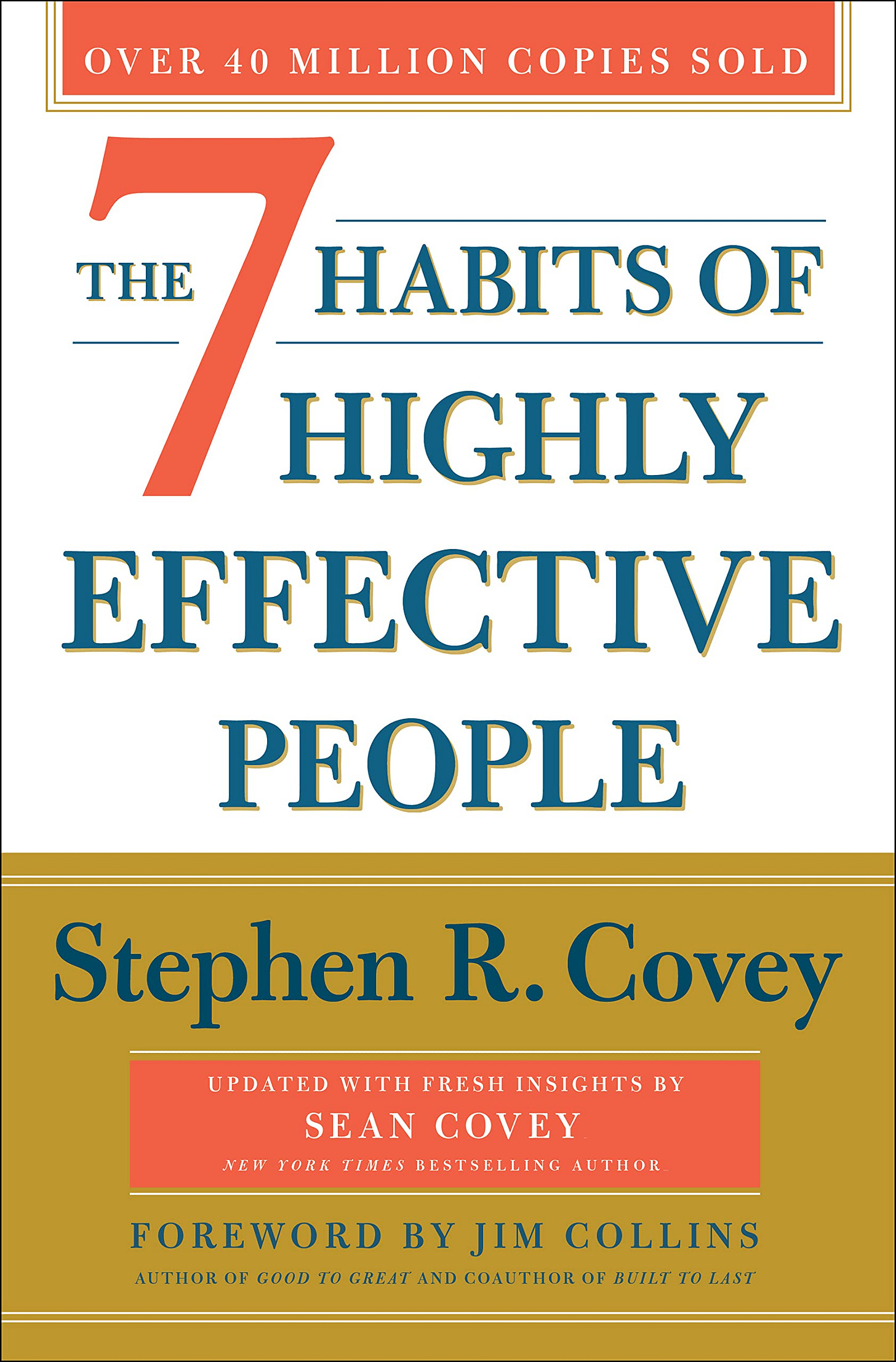5 Habits to Become a Great Entrepreneur
This Friday -> The 7 Habits of Highly Effective People by Stephen Covey [3 min reading]
Hey, it’s Fede!
Two weeks ago, I grabbed a coffee with one of the most successful entrepreneurs I know, and we started talking about the key skills a founder needs to have to become a great entrepreneur.
We realized that founders are rarely taught how to engage effectively with others, which often leads them to follow their emotions and biases rather than focusing on the company's mission.
That’s why this week I've gathered 5 key takeaways from The 7 Habits of Highly Effective People® (40 million copies sold), one of the most famous books for helping you take control of your actions based not on your mood, but on your goals:
When there is a problem ask yourself: “Is it in my sphere of influence?”
No? Ok, it doesn’t make sense to be reactive and invest time, focus, and energy on it. Maybe you could have done something earlier but now it’s to late, find the best way to deal with the consequences.
Yes? Perfect! Take a step back and try to see the bigger picture and take action accordingly.
Easy example: You get bad feedback online from a customer who clearly didn’t understand the product they purchased.
DON’T: React by calling the customer and telling them they didn’t understand the product.
TO DO: Be proactive. The feedback is already out there, and you can’t undo it. Step back, ask the customer what went wrong, and learn from it.
Prioritize important tasks over urgent ones. Founders constantly receive requests from everyone—emails, calls, you name it. One key thing to keep in mind is prioritization. Focus mainly on important tasks because these are what allow your company to reach its goals, potentially reducing the number of urgent tasks over time.
Example: Creating a recorded training course for new employees can be considered important because it improves efficiency and reduces in the future the number of urgent requests from employees who don’t know how to complete tasks.
Entrepreneurship is not a boxing match; both parties in a discussion can win. Approaching every discussion with the idea of finding a mutual outcome benefits both sides:
It helps both parties be more creative in finding solutions.
It strengthens the relationship, improving the quality of future collaborations.
Unfortunately, this point is easy to say but harder to put into practice. How do you define your win when you also want the other person to win?
If an investor asks for too big a percentage in exchange for their investment, how do you handle it?
Know your values before you're faced with an emergency or high-stress situation—set the line you won’t cross. Having this clear in your mind is crucial; everything else is just negotiation.
First, seek first to understand, then to be understood. It is much more efficient if you listen empathetically before expressing your viewpoint. Effective communication requires understanding others’ perspectives before offering your own.
Whatever It Takes? No, Thanks. One clear takeaway from this book is that saying “whatever it takes” shouldn’t apply to your work life. Knowing who you are, where your boundaries lie, and what you’re willing to compromise on is essential. Never lose yourself just to take a small step forward.
If you're an ant, it's fine if you can't fly or jump. You have the strength to carry 50 times your own weight. Remember your strengths—this is what will lead you to success.
See you next Friday,
Federico Lorenzon










